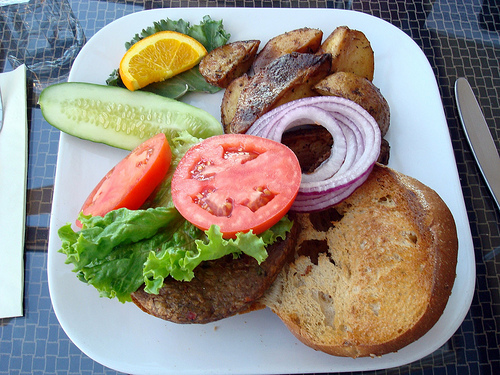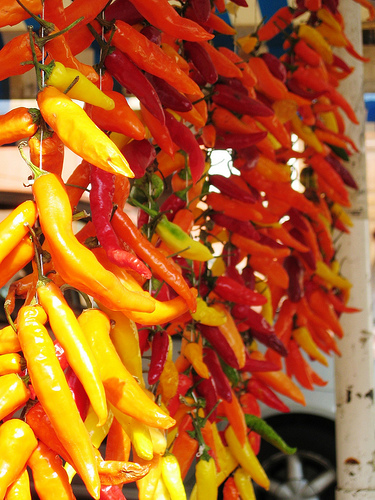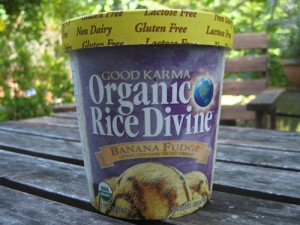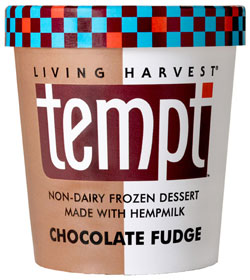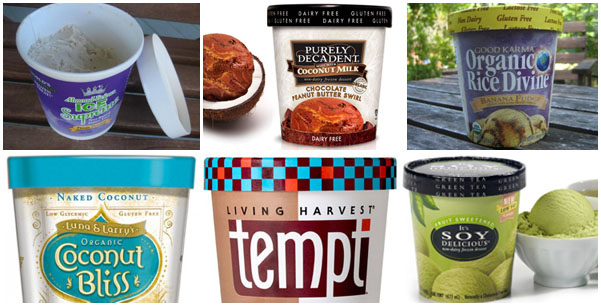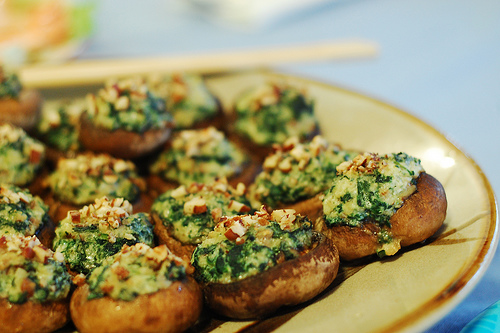Table of Contents
In the ever-evolving world of nutrition and dietary choices, the debate between vegan and omnivore diets continues to spark interest among health enthusiasts. Understanding these two distinct approaches is essential as more people become conscious of their food’s impact on health, environment, and animal welfare.
This blog post will delve into the key differences between vegan diets and omnivore diets while addressing nutritional considerations, shared values, common misconceptions, and strategies for optimal well-being in each diet.
Quick Answers
Are vegan and omnivore diets the same?
Vegan and omnivore diets are not the same, as they differ significantly in their food choices. A vegan diet consists of plant-based foods and excludes all animal products, such as meat, dairy, and eggs.
On the other hand, an omnivore diet incorporates both plant and animal foods in a balanced manner. While individuals following a vegan lifestyle prioritize sustainability and ethical concerns related to animal welfare, those adhering to an omnivorous diet may focus on nutrient density from diverse sources.
If something is vegan, does that mean it’s also suitable for omnivores?
A vegan product or meal, free from animal-derived ingredients like meat, dairy, and eggs, can be suitable for omnivores. Since an omnivore’s diet consists of plant- and animal-based foods, they can easily incorporate vegan options into their meals.
If something is suitable for omnivores, does that mean it’s also vegan?
Just because a dish is suitable for omnivores does not automatically mean it is appropriate for vegans. Omnivorous diets include plant- and animal-based foods, while veganism exclusively consists of plant-based ingredients.
For example, a chef might prepare a salad containing cheese or bacon, making it acceptable for an omnivore but unsuitable for a vegan due to the presence of animal products.
Is it possible to have a vegan or vegetarian meal on an omnivore diet?
Yes, it is possible to include vegan or vegetarian meals in an omnivore diet. Many people adhere to a flexitarian approach, which involves reducing meat consumption and incorporating more plant-based foods into their diets.
This can be achieved by replacing meat with protein-rich options such as beans and lentils or using dairy-free alternatives like almond milk instead of cow’s milk. There are also plenty of delicious and satisfying vegetarian and vegan recipes that can be enjoyed by both vegans and non-vegans alike, such as stir-fries, salads, soups, curries, and pasta dishes.
Overlap of Vegan and Omnivore Diets
Despite their philosophical differences, there is a surprising amount of overlap between vegan and omnivore diets. Explore where these two lifestyles intersect, from marketing trends to environmental concerns.
Marketing Overlap
There is an increasing marketing overlap between vegan and omnivore diets as more people adopt plant-based diets or reduce their meat consumption. Companies cater to both audiences by offering animal product alternatives and promoting each diet’s benefits.
Nutrition research has shown that a balanced plant-based diet can provide all necessary nutrients, which appeals to health-conscious omnivores. On the other hand, ethical concerns related to animal welfare and sustainability drive some omnivores toward veganism.
Diet & Health Preferences Overlap
One area of overlap between vegan and omnivore diets is dietary preferences. Both vegans and omnivores may choose their diets based on health consciousness, taste preferences, environmental concerns, or ethical beliefs.
However, the degree to which individuals prioritize these factors can differ greatly. For example, some omnivores may prioritize animal welfare and only consume meat from animals raised ethically.
Similarly, some vegans may prioritize health benefits and choose to limit processed foods even if they are technically plant-based.
Environmental Concerns Overlap
The food choices we make have a significant impact on the environment, regardless of whether we follow a vegan or omnivorous diet. A study found that while plant-based diets tend to have lower carbon footprints than meat-based ones, not all plant-based foods are created equal.
For example, producing soybeans for tofu often requires more land and water than beef. It’s important to consider the sustainability of our food choices and aim for a balanced diet that includes locally-sourced and seasonal produce.
Foods That Are Both Vegan and Omnivore Friendly
Both vegans and omnivores share many common food options, such as vegetables, leafy greens, fruit, beans & legumes, nuts & seeds, tofu, rice, and quinoa.
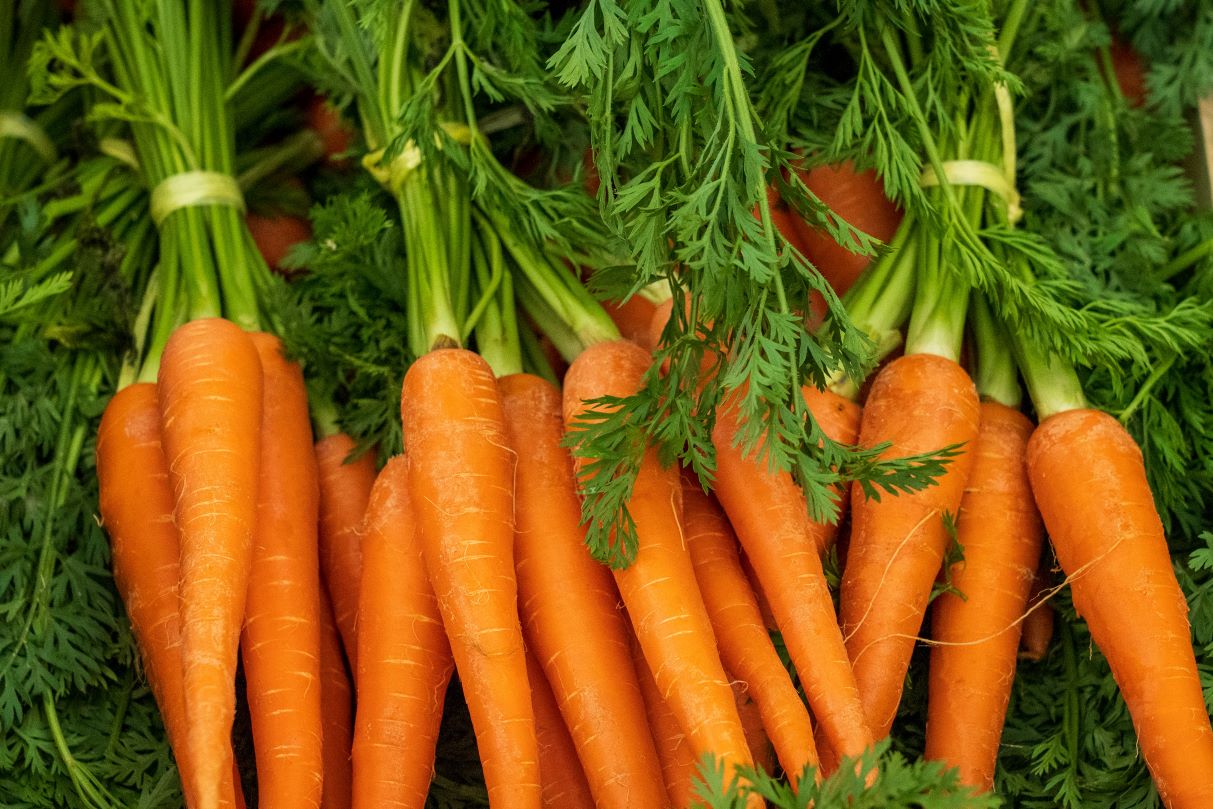
Vegetables
Vegetables are vital to vegan and omnivore diets, providing essential nutrients like fiber, vitamins, and minerals.
Some common overlapping vegetables in both diets include leafy greens like spinach and kale, root vegetables like carrots and potatoes, and cruciferous veggies like broccoli and cauliflower.
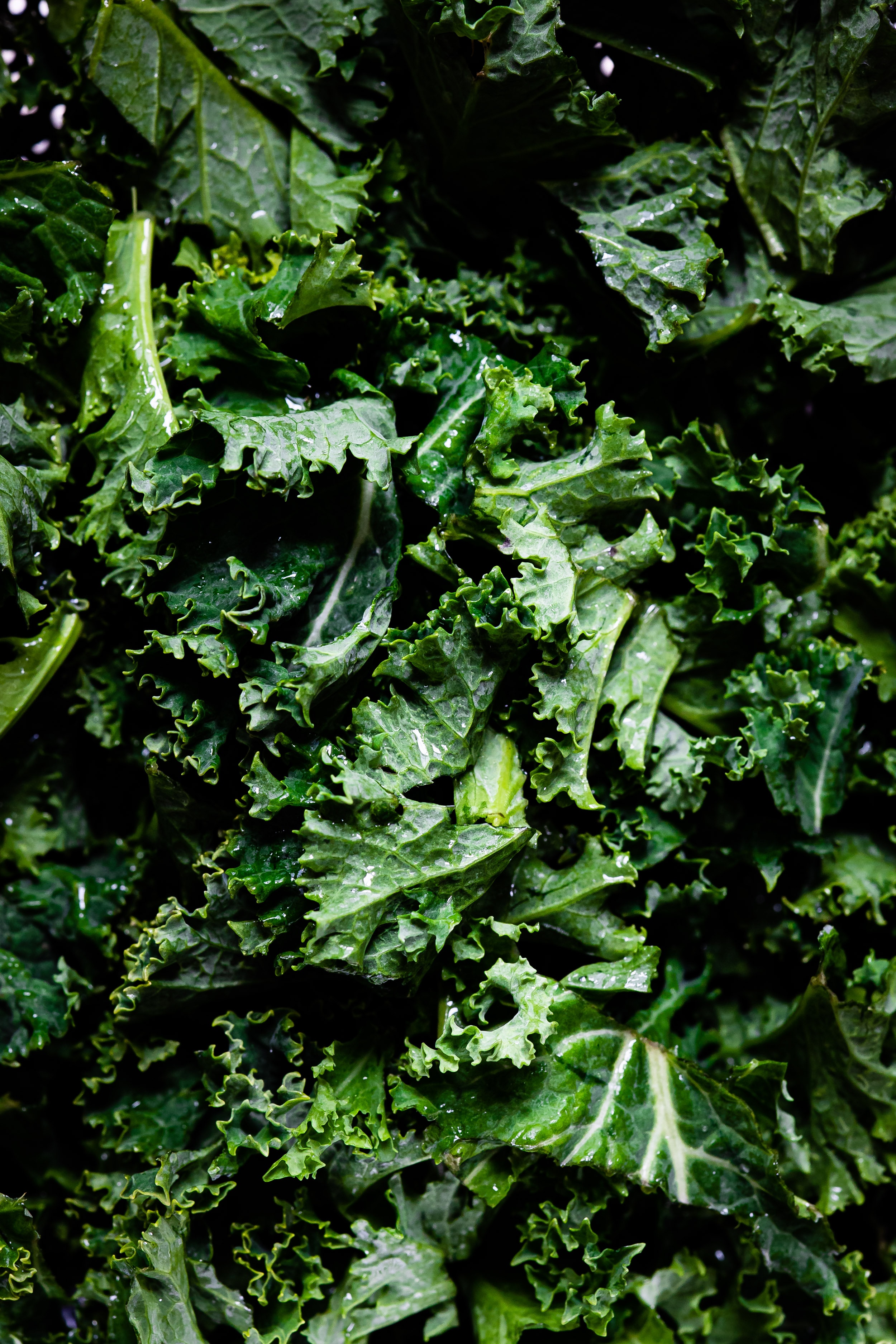
Leafy Greens
Leafy greens are excellent sources of vitamins and minerals for overall health and well-being. They are also a great addition to both vegan and omnivore diets, providing necessary nutrients that may be lacking in other foods.
Nutritious leafy greens include salad, kale, spinach, broccoli, Swiss chard, collards, and arugula. Incorporating these veggies into meals can help individuals meet their daily calcium, iron, vitamin A, and vitamin C needs.
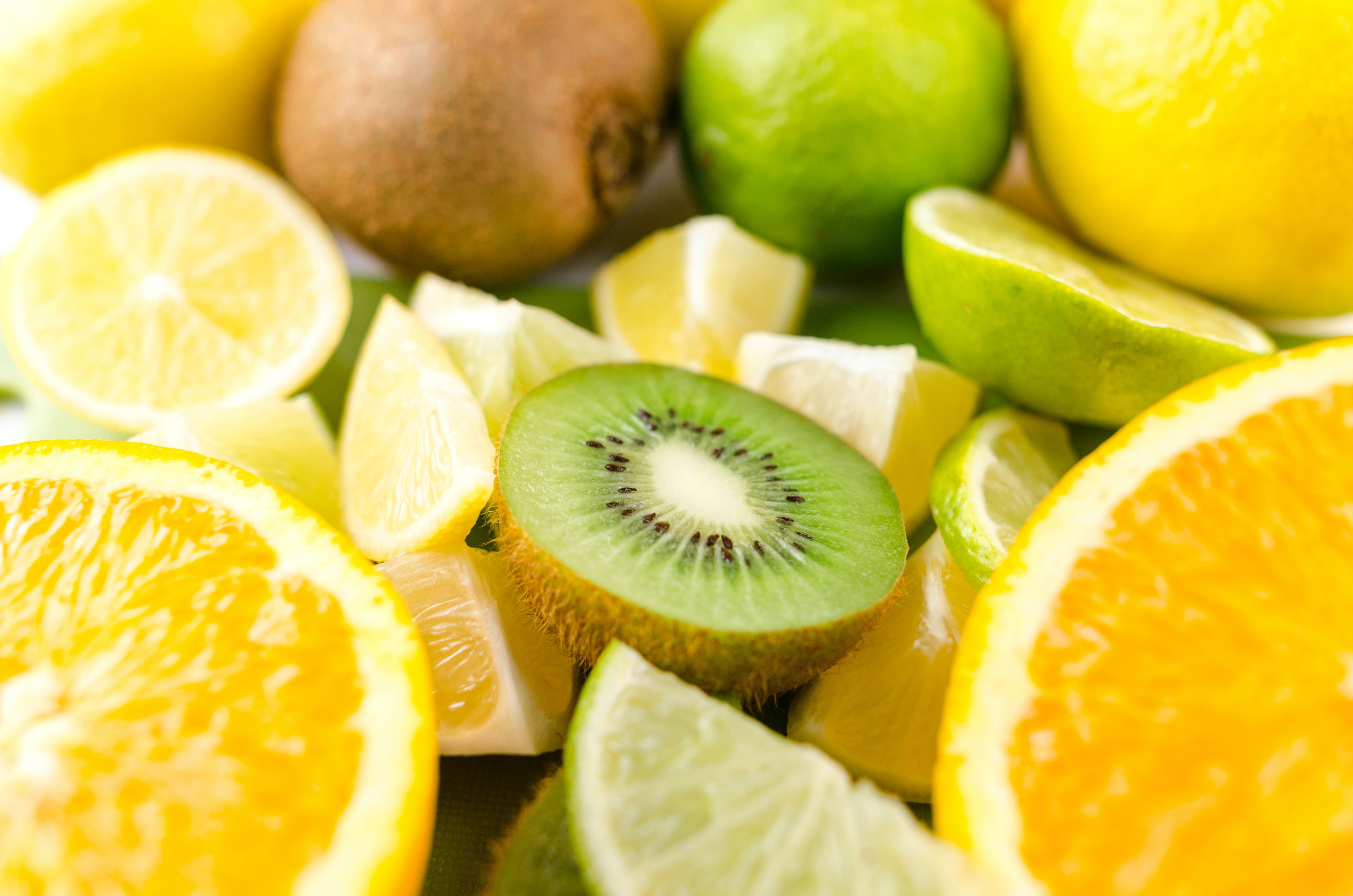
Fruit
Both vegans and omnivores can benefit from including fruits in their diets. Fruits provide many essential vitamins, minerals, and fiber while being low in calories.
They also contain antioxidants that help protect against chronic diseases such as cancer, heart disease, and diabetes. Examples of common fruits that both vegans and omnivores can enjoy include apples, bananas, oranges, berries, kiwis, pineapples, and melons.
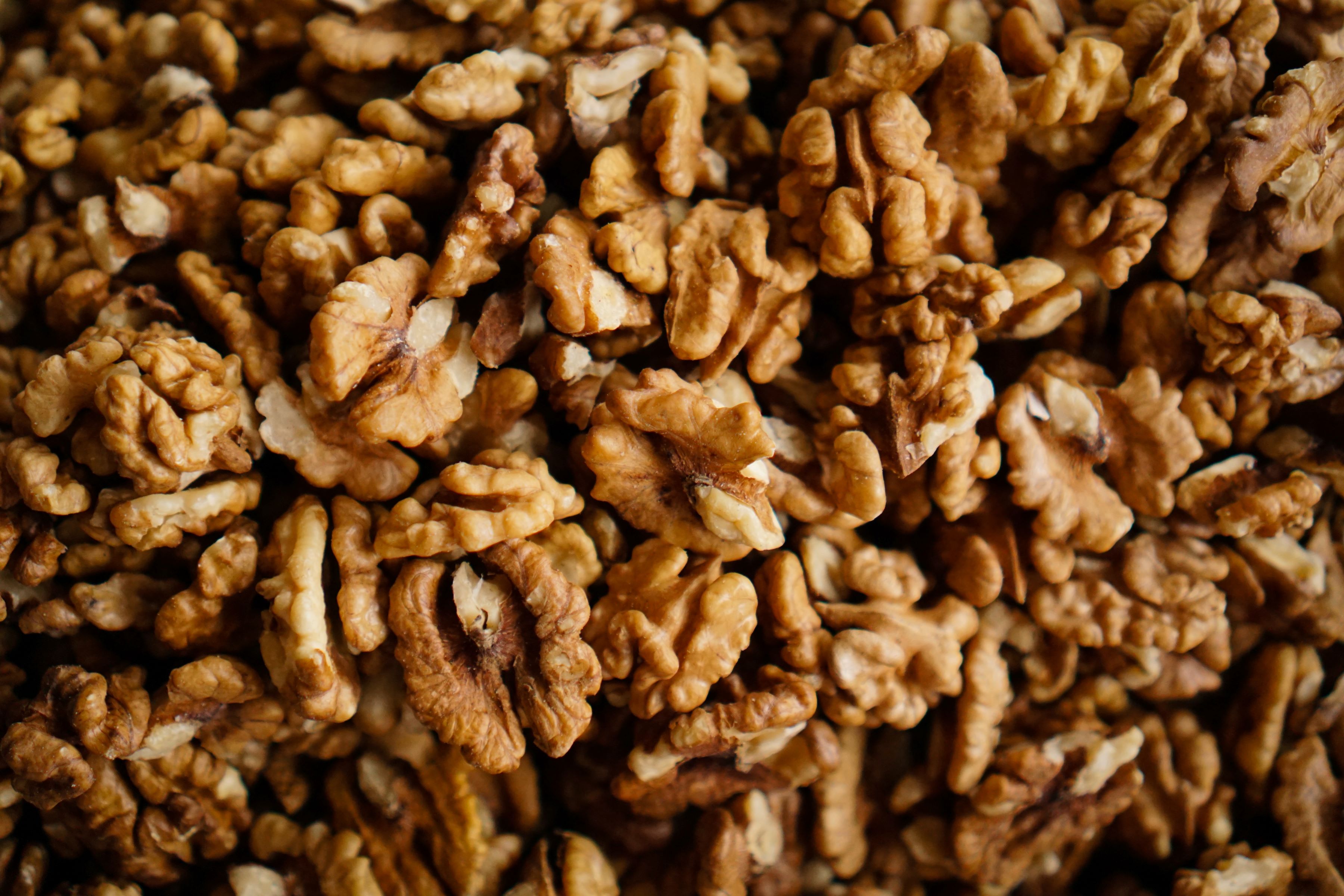
Nuts & Seeds
Nuts and seeds are a common and delicious way for vegans and omnivores to get vital nutrients. They contain high levels of healthy fats, protein, fiber, vitamins, and minerals that can promote heart health, weight management, and improve the immune system.
For example, studies show that eating nuts regularly may reduce the risk of heart disease by as much as almost 30 percent. Some popular nuts include almonds, cashews, peanuts, or peanut butter, while sesame or sunflower seeds also make great snacks.
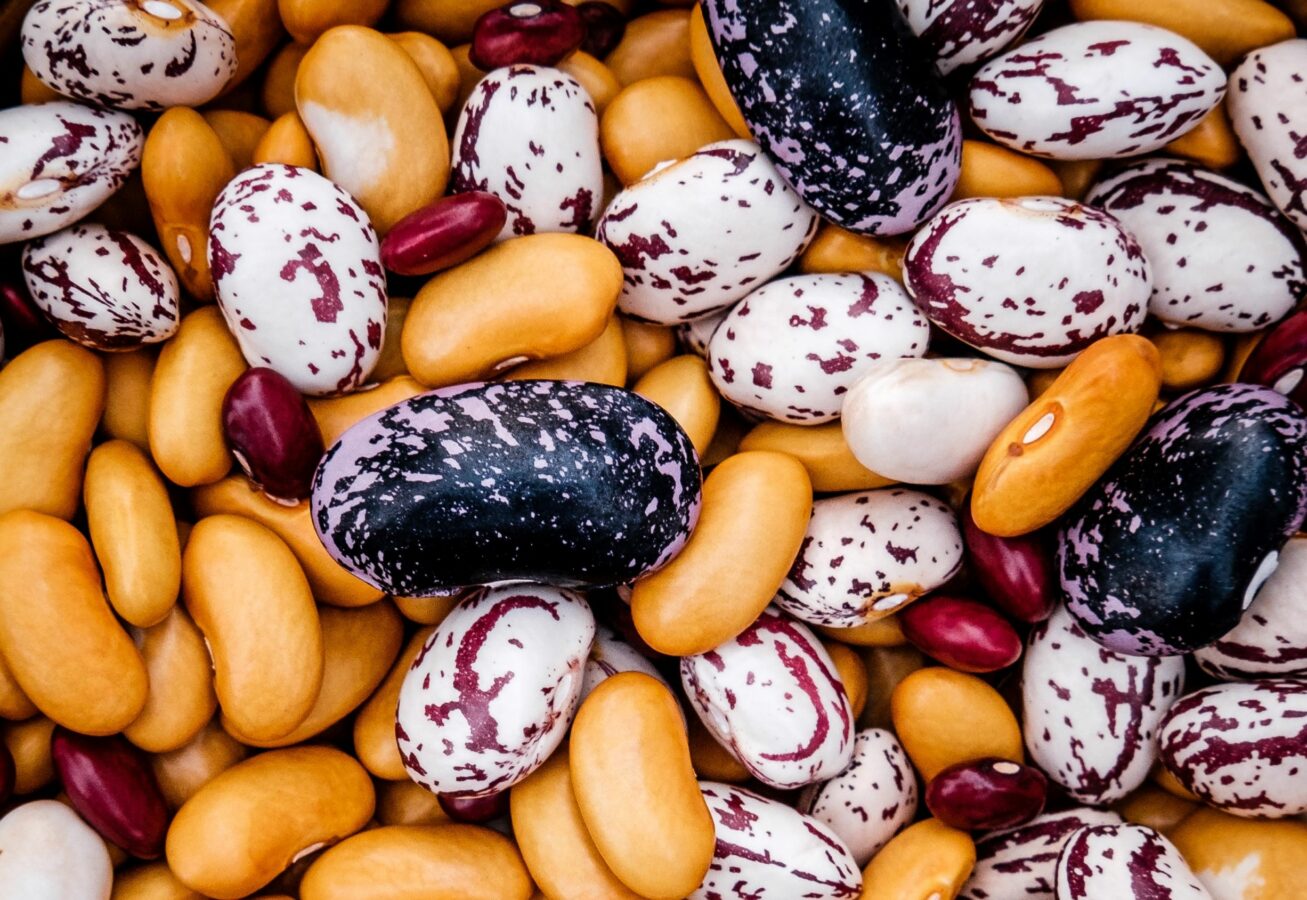
Beans & Legumes
Beans and legumes are important staples in both vegan and omnivore diets. They’re packed with protein, carbohydrates, fiber, and essential vitamins and minerals, contributing to heart health and overall nutrition.
For vegans, they are a critical protein source not found in animal products. For meat-eating omnivores looking to cut back on their meat consumption, beans, and legumes can provide an excellent substitute while still meeting dietary requirements for protein intake.
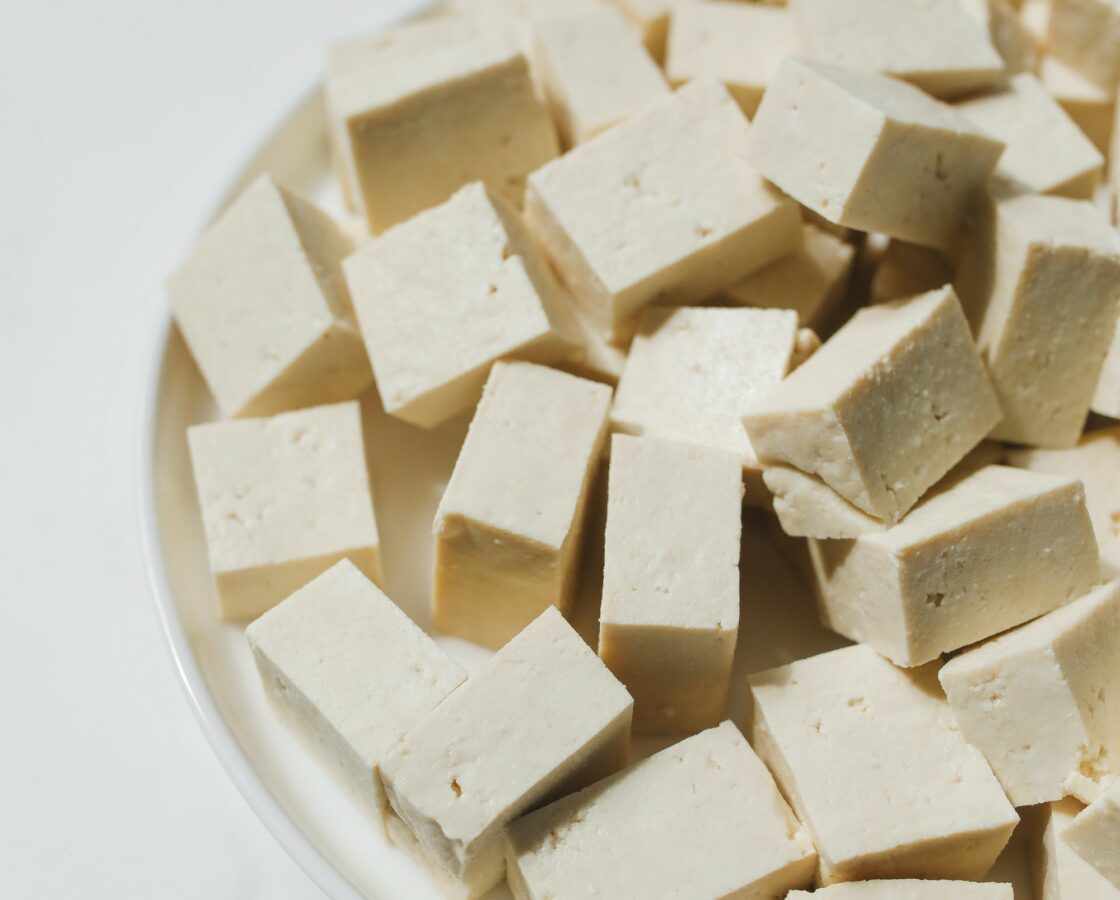
Tofu
Tofu is a versatile and nutrient-dense food that is commonly consumed by both vegans and omnivores alike. Made from soybeans, tofu can be used instead of meat or dairy products.
It’s also a good source of iron and calcium, making it an excellent option for those following a plant-based diet. However, some people may be concerned about soy products’ impact on female hormones or experience side effects such as bloating or gas.
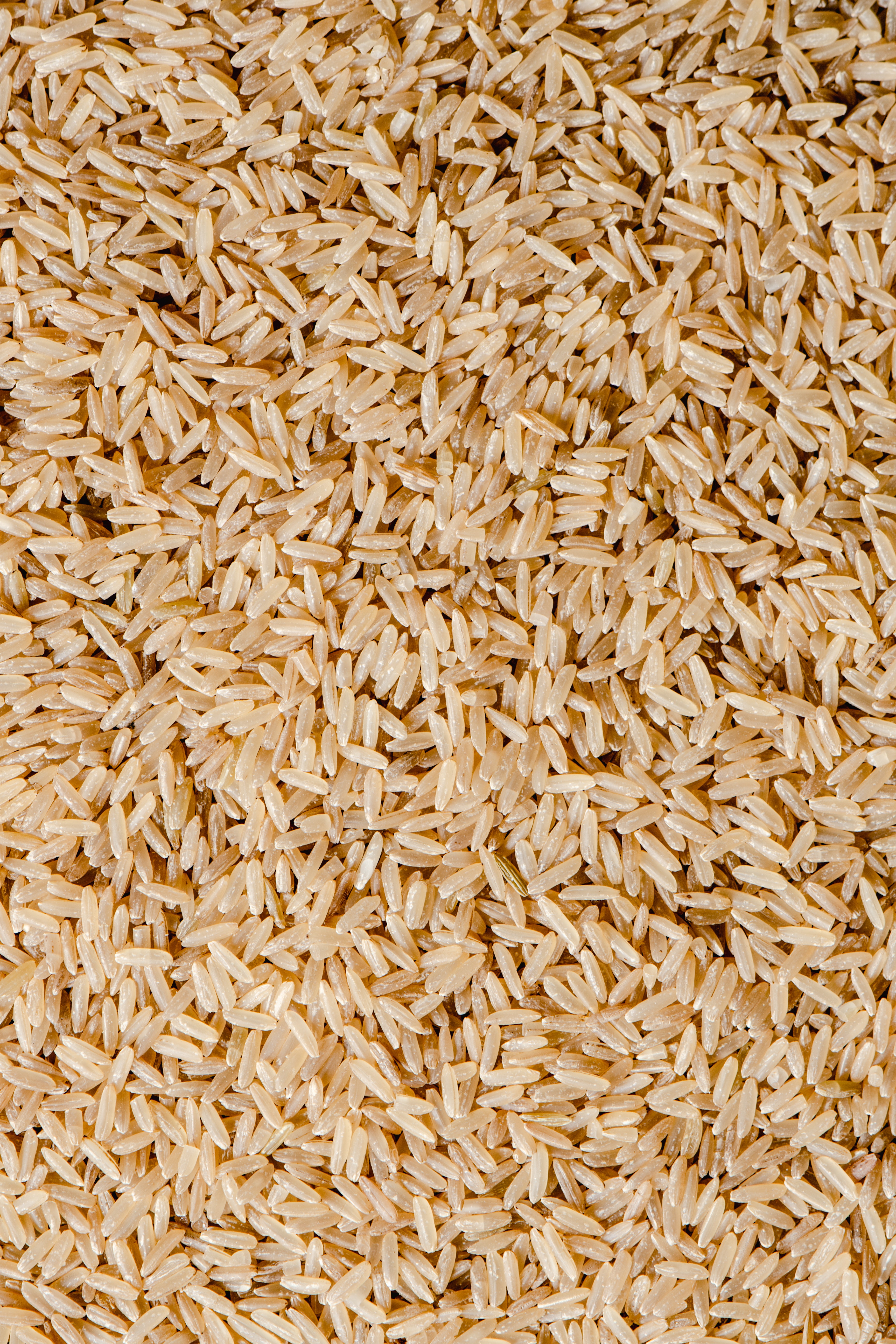
Rice
Brown rice is a common staple in vegan and omnivore diets, making it a great example of overlap. Brown rice offers various health benefits because it’s rich in fiber and nutrients like magnesium, phosphorus, and B vitamins.
In addition to being an excellent source of nutrition for vegan and plant-based eaters, brown rice can also provide a healthy alternative to processed grains commonly found in omnivore diets.

Quinoa
Quinoa is a plant-based superfood that is both vegan and omnivore-friendly thanks to its high protein and nutrient content. It’s considered a popular choice for vegans as it provides an alternative source of protein to meat, making it ideal for those who follow a vegetarian or vegan diet plan.
Quinoa also has impressive nutritional value, containing all nine essential amino acids, fiber, iron, magnesium, phosphorus, potassium, and more.
Understanding an Omnivore Diet
An omnivore diet includes foods from both animal and plant sources. This means the diet incorporates meat, fish, poultry, dairy products, fruits, vegetables, grains, and other plant-based foods.
However, it’s important to be mindful of nutrient balances in this type of diet while choosing lean meats and seafood over processed meat products like bacon.
Overall, an omnivore diet provides more options but requires attention to portion sizes, nutritional content, and sourcing methods for animal protein sources due to their impact on social issues such as sustainability practices in farming.
Common Omnivore Diet Foods
- Meat: All meat is acceptable for omnivores.
- Fish and Seafood: All fish and seafood are acceptable to eat on an omnivorous diet.
- Eggs: All and any eggs.
- Vegetables: All vegetables are acceptable for omnivores!
- Fruits: All fresh, whole fruits like berries, apples, citrus, and more are acceptable.
- Nuts: All nuts and seeds are acceptable, such as almonds, walnuts, chia seeds, flaxseeds and more.
- Herbs and Spices: All herbs and spices are acceptable.
- Oils: All oils are acceptable.
Vegan Foods That Are Not Omnivore Diet Friendly
All vegan food is omnivore diet friendly! Since omnivores eat plant and animal based foods, everything a vegan eats, and omnivore can, too!
Understanding Vegan Diets
A vegan diet excludes all animal products, like eggs, meat, dairy, honey, and any other ingredients derived from animals.
It is a subset of vegetarianism and is defined by its adherence to plant-based foods exclusively. This commitment to avoid animal-derived products extends to non-food products, such as leather, fur, and cosmetics tested on animals.
Common Vegan Foods
- Fruits and vegetables: All fruits, vegetables, and berries.
- Legumes: Beans, lentils, chickpeas, peas, etc.
- Nut butter and nuts: Almonds, walnuts, cashews, macadamia nuts, peanut butter, almond butter, etc.
- Seeds: Chia seeds, flaxseeds, hemp seeds, etc.
- Grains: Quinoa, rice, oats, buckwheat, sorghum, amaranth, corn, barley, wheat, triticale, etc.
- Plant-based proteins: Tofu, tempeh, seitan, plant-based meat alternatives, etc.
- Plant-based milk: Almond milk, soy milk, rice milk, oat milk, plant-based milk alternatives, etc.
- Plant-based oils: Olive oil, coconut oil, avocado oil, etc.
- Herbs, spices, and other flavorings: All herbs and spices, nutritional yeast, soy sauce, vinegar, etc.
Can a Vegan Diet Be Omnivore?
A vegan diet is, by definition, not omnivorous. A vegan diet excludes all animal products, including meat, dairy, eggs, and other animal-derived ingredients. On the other hand, an omnivorous diet includes a variety of foods from both plant and animal sources.
If someone is following a vegan diet, they are specifically choosing to avoid all animal products for various reasons, such as ethical concerns, environmental considerations, health goals, or personal preferences. Mixing a vegan diet with an omnivorous diet would be contradictory because the principles of each diet are fundamentally different.
Omnivore Diet Foods That Are Not Vegan
When following a vegan diet, it’s crucial to avoid all foods that contain animal-derived ingredients. All of the following foods are fine for an omnivore diet:
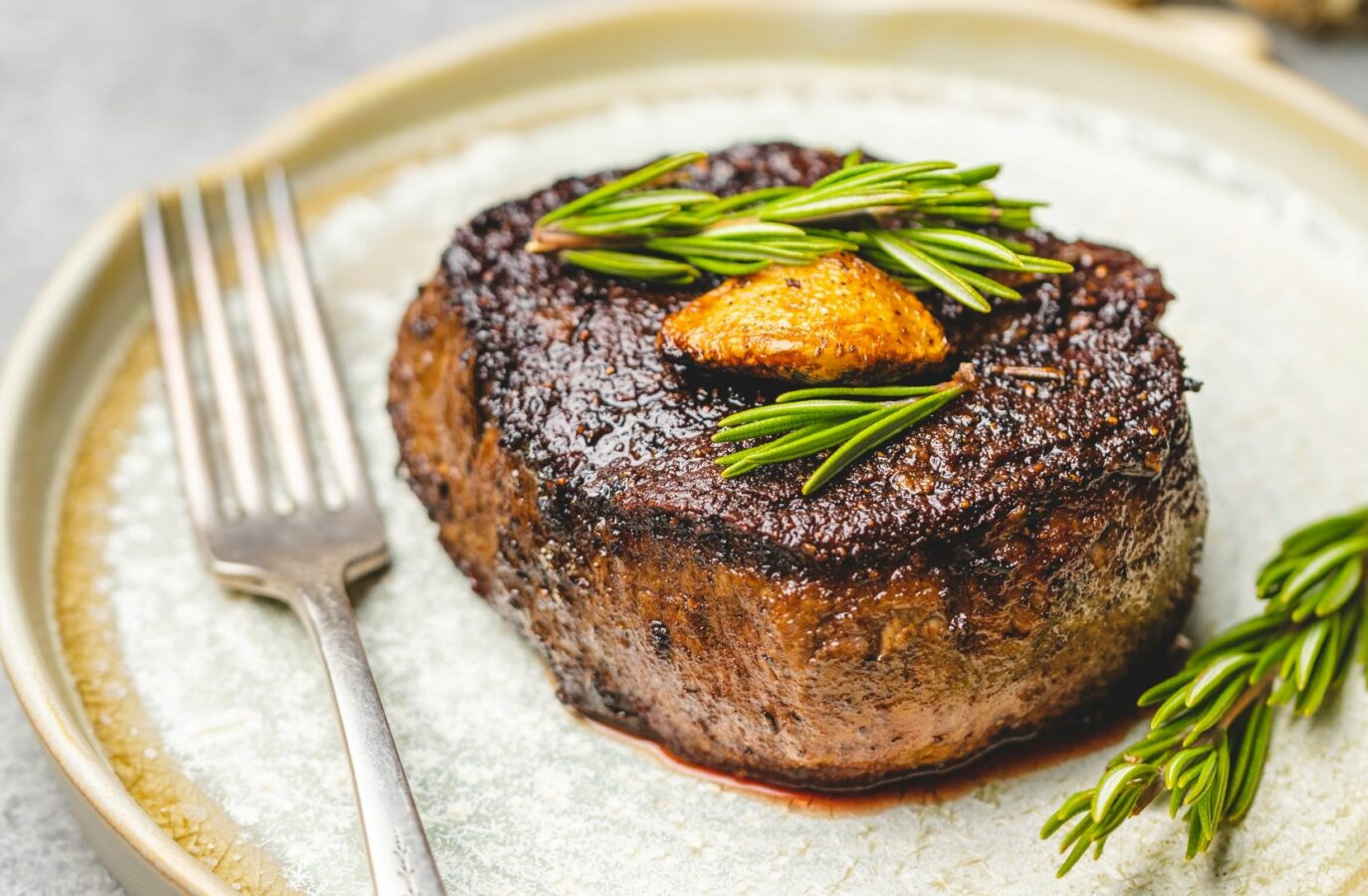
Meat
Beef, pork, lamb, horse, veal, organ meat, chicken, wild meat, turkey, duck, goose, quail, etc.
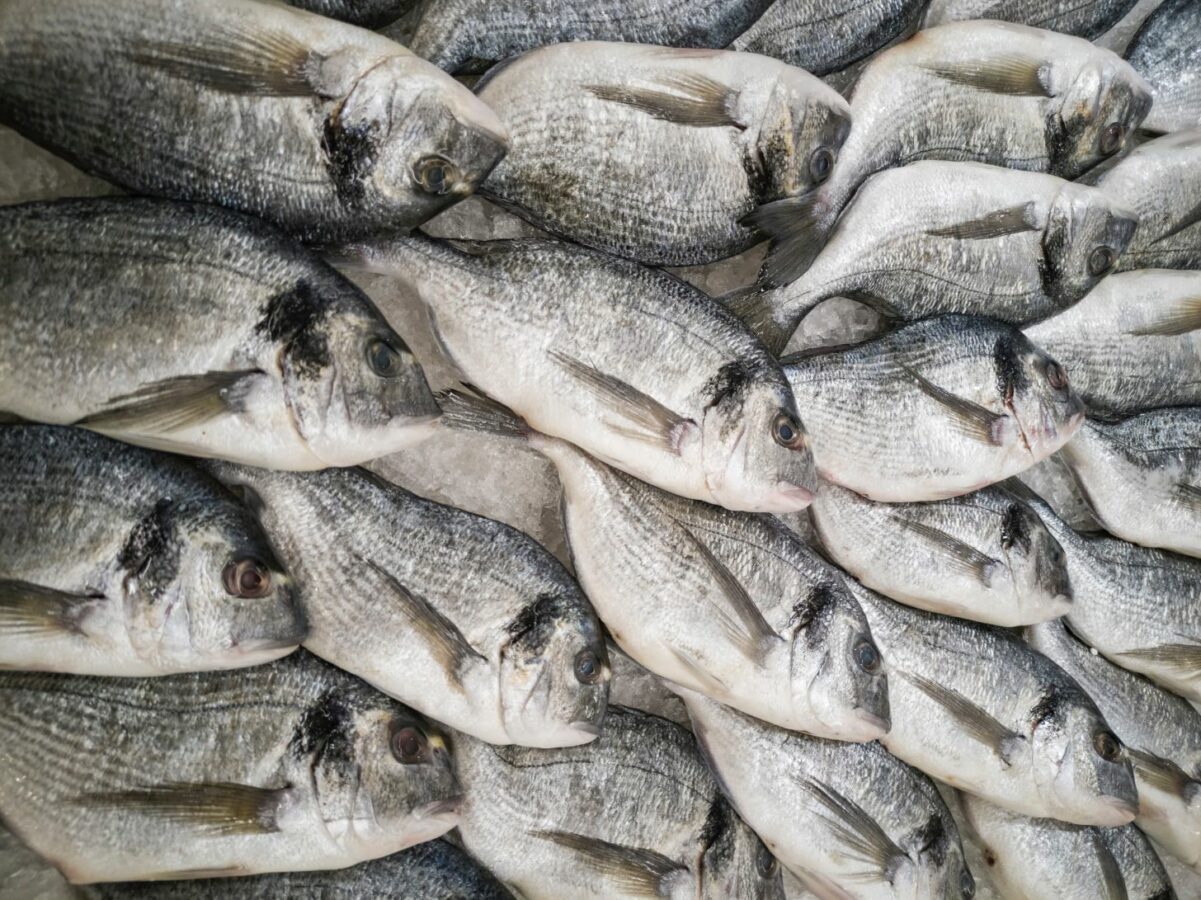
Seafood and Fish
All fish types, anchovies, squid, shrimp, calamari, scallops, crab, mussels, lobster, etc.
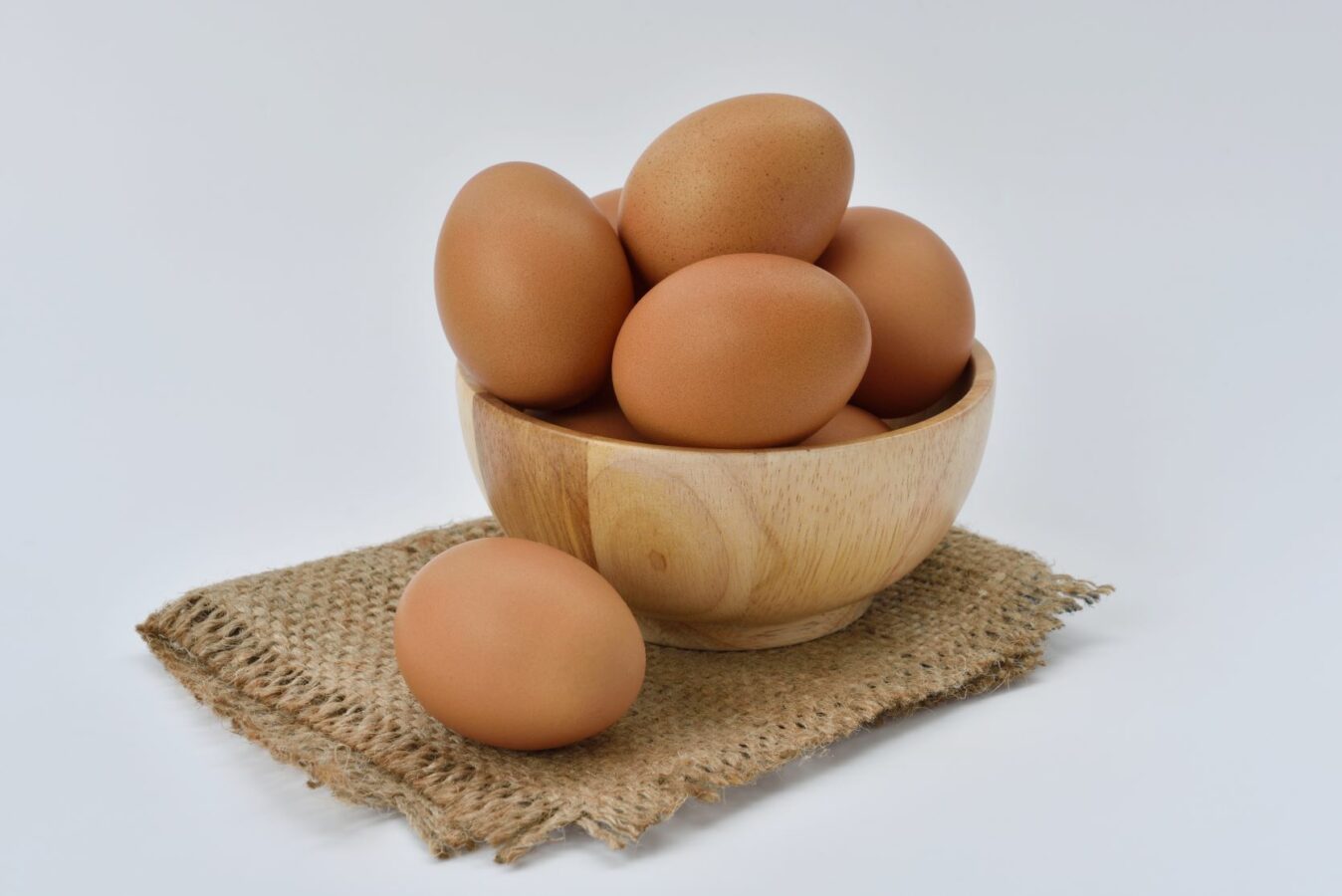
Eggs
Eggs from fish, chickens, ostriches, quails, etc.

Bee products
Bee pollen, honey, royal jelly, etc.
FAQ
What does an omnivore diet consist of?
An omnivore diet includes both plant and animal products. It typically involves consuming a variety of foods, such as meats, dairy, fruits, vegetables, grains, and more.
Are vegan diets healthier than omnivore diets?
Vegan diets can be healthy when well-balanced and planned, as they tend to be lower in saturated fats and cholesterol. However, omnivore diets can also be healthy if they emphasize lean proteins, whole grains, and a variety of fruits and vegetables.
Is environmental impact a factor in this debate?
Yes, vegan diets tend to have a lower environmental footprint due to reduced greenhouse gas emissions and land use. Vegan diets can contribute to lower resource consumption and reduced deforestation.
Which diet is better for weight loss?
Both diets can support weight loss when properly managed. Vegan diets may aid weight loss due to their generally lower calorie density, while portion control and food choices are key factors in weight management for omnivores.
What are the ethical considerations of each diet?
Vegans often choose their diet for ethical reasons, as it avoids animal exploitation and cruelty. Omnivores may prioritize ethical sourcing of animal products and support sustainable farming practices.


